Richard A. Posner
. 2009
Copyright 1988, 1998, 2009 by the President and Fellows of Harvard Colleg e All rights reserve d Printed in the United States of Americ a
Excerpts from Easter 1916, The Second Coming, The Wild Swans at Coole, an d Leda and the Swan by William Butler Yeats are reprinted with the permission of Simon & Schuster from The Collected Works of W. B. Yeats, Volume 1: The Poems, Revised and edite d by Richard J. Finneran, copyright 1919, 1924 and 1928 by Macmillan Publishing Company , renewed 1947 and 1952 by Bertha Georgie Yeats and 1956 by Georgie Yeats; and b y permission of A. P. Watt Ltd. on behalf of Michael Yeats .
Excerpts from The Waste Land and Little Gidding by T. S. Eliot are reprinted fro m T. S. Eliot, Collected P oems 19091962, copyright 1936 by Harcourt Brace & Company , copyright 1964, 1963 by T. S. Eliot, and Four Quartets, copyright 1943 by T. S. Elio t and renewed 1971 by Esme Valerie Eliot, by permission of Faber and Faber Ltd . and Harcourt Brace & Company .
The excerpt from The Sweeniad by Victor Purcell is reprinted by permission o f Routledge Ltd .
Posner, Richard A . Law and literature / Richard A. Posner.3rd ed . p. cm . Includes bibliographical references and index . ISBN 978-0-674-03246-0 (alk. paper ) 1. Law in literature. 2. Law and literature. 3. Legal storiesHistory and criticism . I. Title .
Content s
Preface xi Critical Introduction 1
Part I. Literary Texts as Legal Texts
. Reflections of Law in Literature 21 Theoretical Considerations 22 The American Legal Novel 35 The Law in Popular Culture 51 Camus and Stendhal 60 Farcical Trials 70
. Laws Beginnings: Revenge as Legal Prototype and Literary Genre 75 The Logic of Revenge 75 Revenge Literature 86 The Iliad and Hamlet
. Antinomies of Legal Theory 124 Jurisprudential Drama from Sophocles to Shelley 124 Has Law Gender? 163
. The Limits of Literary Jurisprudence 170 Kafka 170 Dickens 187 Wallace Stevens 191
. Literary Indictments of Legal Injustice 195 Law and Ressentiment 195 Romantic Values in Literature and Law 197 Billy Budd, The Brothers Karamazov, and Laws Limits 211
l
. Two Legal Perspectives on Kafka 229 On Reading Kafka Politically 230 In Defense of Classical Liberalism 237 The Grand Inquisitor and Other Social Theorists 247
. Penal Theory in Paradise Lost The Punishment of Satan and His Followers 257 The Punishment of Man 259 The Punishment of the Animals 266
Part II. Legal Texts as Literary Texts
. Interpreting Contracts, Statutes, and Constitutions 273 Interpretation Theorized 274 What Can Law Learn from Literary Criticism? 276 Chain Novels and Black Ink 319 Interpretation as Translation 324
. Judicial Opinions as Literature 329 Meaning, Style, and Rhetoric 329 Aesthetic Integrity and the Pure versus the Impure Style 361 Two Cultures 379
Part III. How Else Might Literature Help Law?
. Literature as a Source of Background Knowledge for Law 389 Arch of Triumph 390 From Huxley to The Matrix
. Improving Trial and Appellate Advocacy 419 Sherlock Holmes to the Rescue? 419 Legal Narratology 424 Fictional Depictions of Lawyers 446 The Funeral Orations in Julius Caesar
. But Can Literature Humanize Law? 456 Aesthetic versus Moralistic Literary Criticism 456 Then Why Read Literature? 481
Part IV. The Regulation of Literature by Law
. Protecting Nonwriters 497 Pornographic Fiction 497 Defamation by Fiction 511
. Protecting (Other) Writers 518 What Is an Author? 518 Copyright, Plagiarism, and Creativity 520 Parody 536 Conclusion. Law and Literature: A Manifesto 545
Inde x
Prefac e
 aw and literature are related to each other in interesting ways. Innumerable literary works, many of great distinction, take law for a theme, and feature a trial (Eumenides, The Merchant of Venice, Billy Budd, The Trial, The Stranger) , abuse of judicial authority (Measure for Measure) , conflicting jurisprudential theories (Antigone, King Lear), the practice of law (Bleak House), crime and punishment (Paradise Lost, Oliver Twist), the relation of law to vengeance (Oresteia, Hamlet), even specific fields of law, such as contract (Marlowes Doctor Faustus ), inheritance (Felix Holt, The Woman in White), and intellectual property (William Gaddiss A Frolic of His Own ). These examples could be multiplied manyfold. (Anyone who doubts this claim should glance at Irving Browne, Law and Lawyers in Literature [1883].) Moreover, law is a rhetorical discipline, and the judicial opinions of some of the greatest judges, such as Oliver Wendell Holmes, have literary merit and repay literary analysis. Opinions and briefs are like stories; they have a narrative structure. A literary sensibility may enable judges to write better opinions and lawyers to present their cases more effectively. And the literary critics close attention to text has parallels in the judges and the lawyers close attention to their authoritative textscontracts, statutes, and constitutions. The law even regulates literature, under such rubrics as copyright infringement,
aw and literature are related to each other in interesting ways. Innumerable literary works, many of great distinction, take law for a theme, and feature a trial (Eumenides, The Merchant of Venice, Billy Budd, The Trial, The Stranger) , abuse of judicial authority (Measure for Measure) , conflicting jurisprudential theories (Antigone, King Lear), the practice of law (Bleak House), crime and punishment (Paradise Lost, Oliver Twist), the relation of law to vengeance (Oresteia, Hamlet), even specific fields of law, such as contract (Marlowes Doctor Faustus ), inheritance (Felix Holt, The Woman in White), and intellectual property (William Gaddiss A Frolic of His Own ). These examples could be multiplied manyfold. (Anyone who doubts this claim should glance at Irving Browne, Law and Lawyers in Literature [1883].) Moreover, law is a rhetorical discipline, and the judicial opinions of some of the greatest judges, such as Oliver Wendell Holmes, have literary merit and repay literary analysis. Opinions and briefs are like stories; they have a narrative structure. A literary sensibility may enable judges to write better opinions and lawyers to present their cases more effectively. And the literary critics close attention to text has parallels in the judges and the lawyers close attention to their authoritative textscontracts, statutes, and constitutions. The law even regulates literature, under such rubrics as copyright infringement,
xi
l
defamation, and obscenity. Some law professors, moreover, have tried to make legal scholarship itself literary by incorporating narrative, memoir, anecdote, and fiction into their scholarship, and others have claimed that the study of literature in generalliterature not limited to works that take law for a subjectcan humanize the practice of law and the outlook of judges.
All this and more is the subject of this book. The first edition was published in 1988 and the second, an extensive revision of the first, in 1998. The years since the second edition was published have seen considerable, indeed accelerating, activity in what has been dubbed the law and literature field of legal scholarship. The AALS Directory of Law Teachers 20072008 lists 124 law teachers in law and literature, a respectable number considering that in the hottest of interdisciplinary legal fields, law and economics, the number listed is only 271, though the difference conceals the extent to which economic analysis, but not literary analysis, has been incorporated into law courses taught by professors who do not identify themselves in the Directory as teachers of law and economics. A positive sign for law and literature is the high percentage69 percentof law and literature professors who, according to the Directory , have been active in the field for five or fewer years, suggesting that the field is attracting young academics. (The corresponding percentage for law and economics is 65 percent.)
The growth in the number of law and literature teachers cannot readily be gauged, however, because law and literature was not listed as a field until the 20042005 Directory , and because the field is not limited to law schools and law professors. But a bibliography of books and articles in law and literature published between 1985 and 2005 reveals significant growth: an average of only 8 works per year from 1985 through 1988, rising to 36 for 1989 through 1998 and 48 for 1999 through 2005. (These averages are computed from Law and Humanities Institute, Law and Literature Scholarship: A Chronological Bibliography, http://docs.law .gwu.edu/facweb/dsolove/LHI-Bibliography.htm [visited Feb. 12, 2008]. Another useful online source for studies of law and literature is Law & Humanities Blog: A Blog about Law, Literature, and the Humanities, http://lawlit.blogspot.com/ [visited June 16, 2008].)

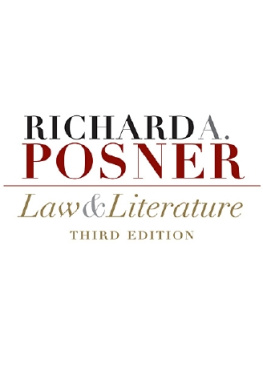
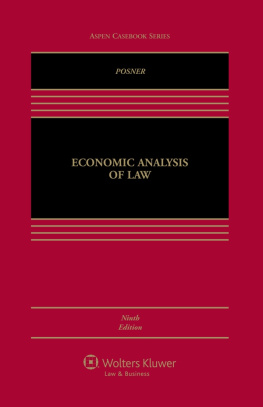
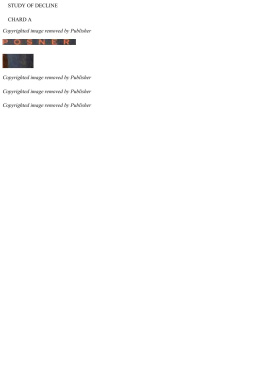
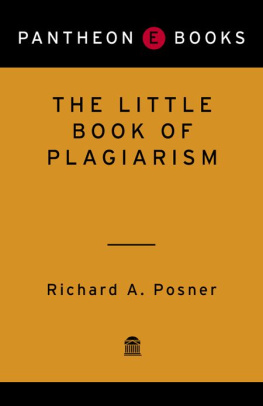

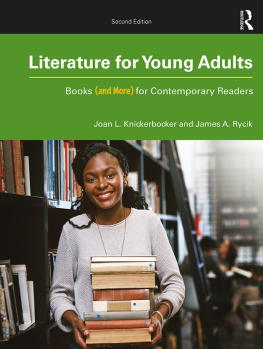
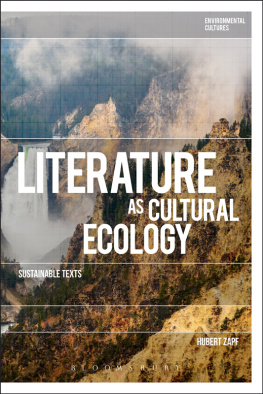
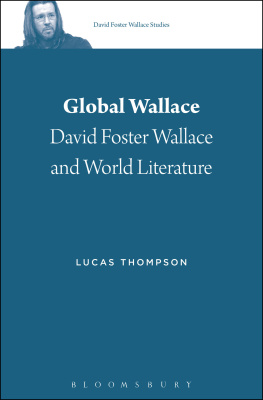
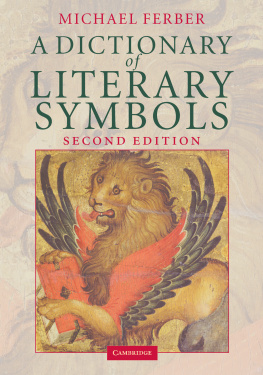
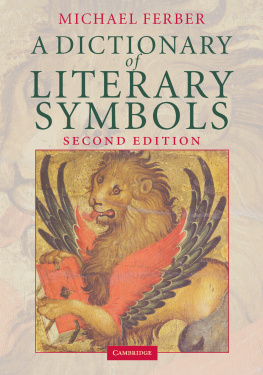
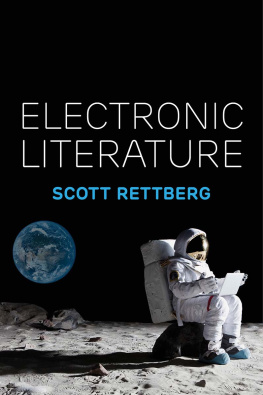
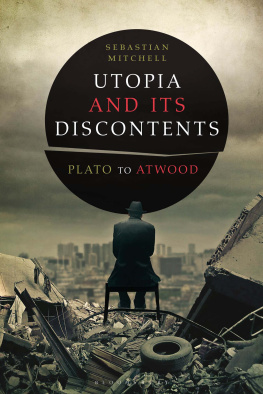
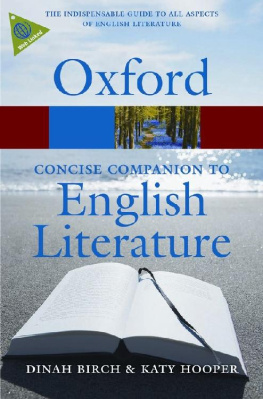
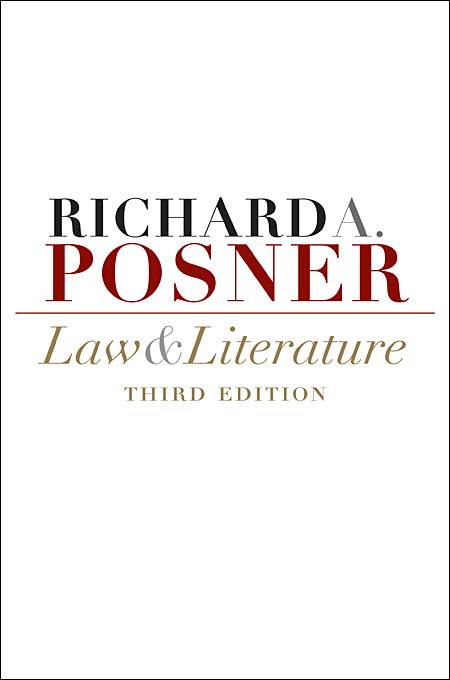
 aw and literature are related to each other in interesting ways. Innumerable literary works, many of great distinction, take law for a theme, and feature a trial (Eumenides, The Merchant of Venice, Billy Budd, The Trial, The Stranger) , abuse of judicial authority (Measure for Measure) , conflicting jurisprudential theories (Antigone, King Lear), the practice of law (Bleak House), crime and punishment (Paradise Lost, Oliver Twist), the relation of law to vengeance (Oresteia, Hamlet), even specific fields of law, such as contract (Marlowes Doctor Faustus ), inheritance (Felix Holt, The Woman in White), and intellectual property (William Gaddiss A Frolic of His Own ). These examples could be multiplied manyfold. (Anyone who doubts this claim should glance at Irving Browne, Law and Lawyers in Literature [1883].) Moreover, law is a rhetorical discipline, and the judicial opinions of some of the greatest judges, such as Oliver Wendell Holmes, have literary merit and repay literary analysis. Opinions and briefs are like stories; they have a narrative structure. A literary sensibility may enable judges to write better opinions and lawyers to present their cases more effectively. And the literary critics close attention to text has parallels in the judges and the lawyers close attention to their authoritative textscontracts, statutes, and constitutions. The law even regulates literature, under such rubrics as copyright infringement,
aw and literature are related to each other in interesting ways. Innumerable literary works, many of great distinction, take law for a theme, and feature a trial (Eumenides, The Merchant of Venice, Billy Budd, The Trial, The Stranger) , abuse of judicial authority (Measure for Measure) , conflicting jurisprudential theories (Antigone, King Lear), the practice of law (Bleak House), crime and punishment (Paradise Lost, Oliver Twist), the relation of law to vengeance (Oresteia, Hamlet), even specific fields of law, such as contract (Marlowes Doctor Faustus ), inheritance (Felix Holt, The Woman in White), and intellectual property (William Gaddiss A Frolic of His Own ). These examples could be multiplied manyfold. (Anyone who doubts this claim should glance at Irving Browne, Law and Lawyers in Literature [1883].) Moreover, law is a rhetorical discipline, and the judicial opinions of some of the greatest judges, such as Oliver Wendell Holmes, have literary merit and repay literary analysis. Opinions and briefs are like stories; they have a narrative structure. A literary sensibility may enable judges to write better opinions and lawyers to present their cases more effectively. And the literary critics close attention to text has parallels in the judges and the lawyers close attention to their authoritative textscontracts, statutes, and constitutions. The law even regulates literature, under such rubrics as copyright infringement,